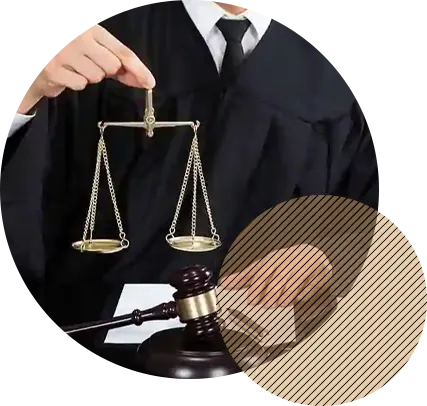Defamation Laws in India
Defamation law in India is governed by the Indian Penal Code (IPC) and the law of torts. Defamation can be both a civil wrong (tort) and a criminal offense in India. Here are some key points regarding defamation law in India.
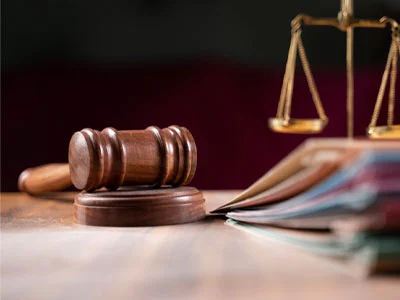
Section 499 of the Indian Penal Code deals with criminal defamation. According to this section, making or publishing a defamatory statement that harms the reputation of another person is punishable with imprisonment for up to two years, a fine, or both.
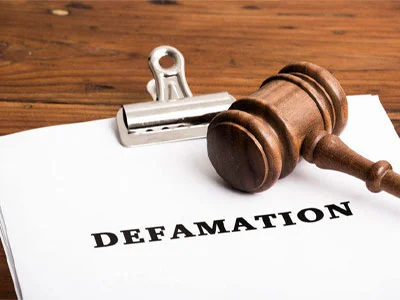
Defamation can also be a civil wrong, and the affected party may file a civil suit for damages seeking compensation for the harm caused to their reputation.

The law recognizes certain exceptions to defamation. Truth is a valid defense against defamation, meaning if the statement is true, it cannot be considered defamatory.
Additionally, statements made in good faith for public interest, fair comment on a matter of public interest, and for the protection of one's own interests are generally protected under the law.
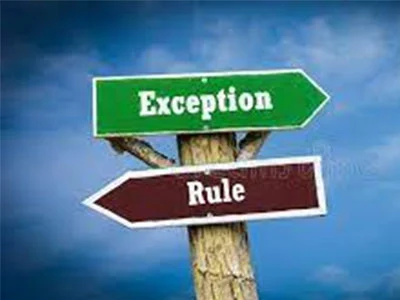
Defamation cases can be tried in a Magistrate's court (for criminal defamation) or a Civil court (for civil defamation), depending on the nature of the case and the relief sought.
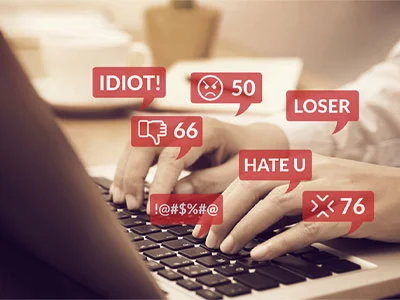
With the rise of the internet and social media, online defamation has become a concern. Indian law also applies to defamatory statements made online, including on social media platforms.
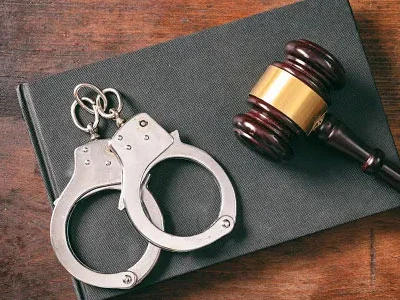
In criminal defamation cases, if the accused is found guilty, they may face imprisonment and a fine. In civil defamation cases, the court may order the payment of damages to the aggrieved party as compensation for the harm caused to their reputation.
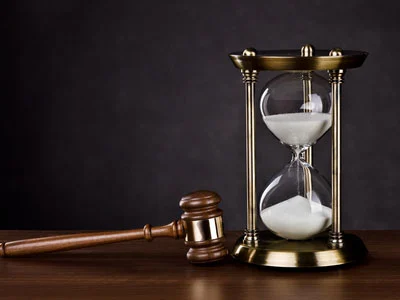
The limitation period for filing a defamation suit is generally one year from the date of publication of the defamatory statement.
